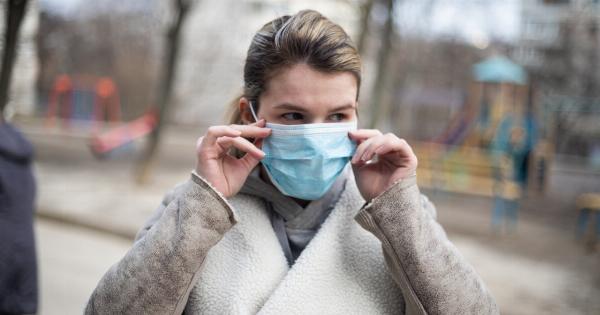The arrival of flu season can be a stressful time for healthcare professionals as they prepare to care for patients who could potentially be infected with the virus.
While getting a flu shot is a highly recommended precaution for everyone, it becomes even more critical for doctors and nurses who could easily contract and spread the flu.
Why Get a Flu Shot?
The flu, or influenza, is a contagious respiratory illness caused by influenza viruses that can cause mild to severe illness and even death in some cases.
The flu can be spread through droplets from an infected person’s coughs or sneezes, or by touching surfaces contaminated with the virus and then touching one’s nose or mouth.
Getting a flu shot is the best way to protect oneself and others from the flu. The vaccine works by causing the body to produce antibodies that can fight off the virus.
While the flu shot is not 100% effective, it can still reduce the severity of symptoms and lessen the risk of hospitalization and death.
Preventing the Spread of the Flu in Healthcare Settings
Healthcare professionals are at an increased risk of contracting the flu due to their exposure to infected patients. They can also easily spread the virus to other patients and colleagues if proper precautions are not taken.
One of the crucial steps in preventing the spread of the flu in healthcare settings is getting the flu shot.
According to the Centers for Disease Control and Prevention (CDC), all healthcare workers should receive their flu shot by the end of October, if possible. This will not only protect them from getting infected but also reduce the likelihood of potentially infecting others.
Other measures that doctors and nurses can take to prevent the spread of the flu include:.
- Washing hands frequently with soap and water or using hand sanitizers that contain at least 60% alcohol
- Covering coughs and sneezes with a tissue or the crook of the elbow, rather than the hands
- Wearing personal protective equipment (PPE) such as gloves, gowns, and masks when caring for patients with suspected or confirmed flu
- Isolating patients with suspected or confirmed flu to prevent the spread of the virus
- Staying home if feeling sick to avoid infecting others in the workplace
The Importance of Vaccinating Healthcare Workers
Vaccinating healthcare workers against the flu not only protects them but also their patients and the community at large.
Studies have shown that healthcare workers who get vaccinated are less likely to spread the flu to patients and colleagues, reducing the overall transmission of the virus.
However, not all healthcare workers are getting vaccinated as they should. According to the CDC, only about 80% of healthcare personnel received a flu vaccine during the 2019-2020 season.
This highlights the need for more education and awareness about the importance of flu vaccines for healthcare workers.
Some healthcare workers may have concerns about the safety and efficacy of the flu vaccine. However, it is important to note that the flu vaccine has undergone extensive testing and has been shown to be safe and effective in preventing the flu.
The vaccine is also updated every year to match the circulating strains of the virus, increasing its effectiveness.
Conclusion
The arrival of flu season is a reminder of the importance of taking precautions to protect oneself and others from getting sick.
Healthcare professionals play a critical role in preventing the spread of the flu in healthcare settings, and getting vaccinated is one of the most crucial steps they can take.
Flu vaccines are safe, effective, and readily available, and healthcare workers should make it a priority to get vaccinated every year.
By doing so, they can not only protect themselves but also their patients and the community at large from the dangers of the flu virus.
























